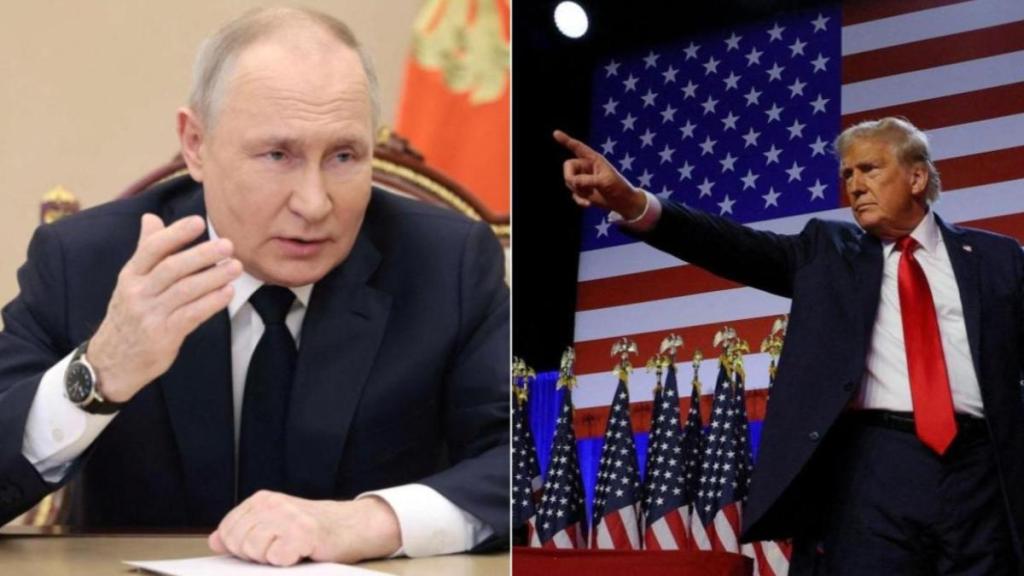Russian authorities struck a conciliatory note on Monday as US President Donald Trump insisted that he was “very angry” and “pissed off” with Vladimir Putin. Kremlin spokesperson Dmitry Peskov said that his country continued to work with their American counterparts on the Ukraine ceasefire. He also said that the two countries were exploring “unspecified ideas” regarding a potential peace settlement in Ukraine.
The Kremlin’s acknowledgement of these discussions suggests a potential, albeit delicate, diplomatic channel remains open, even amidst public displays of discord. The specifics of the “ideas” being explored were not disclosed, leaving the nature and progress of the peace efforts unclear.
Kremlin responds
Kremlin spokesperson Dmitry Peskov affirmed that Putin remains receptive to communication with Trump. Peskov indicated that a phone call between the two leaders could be arranged promptly if required, though no such call is currently scheduled for this week.
Despite the tension reflected in Trump’s comments, Peskov emphasised that Moscow and Washington are maintaining ongoing efforts to strengthen bilateral relations. He confirmed that both sides are engaged in working on unspecified ideas concerning a possible resolution to the conflict in Ukraine.
“Work is ongoing. We have nothing concrete yet that we could or should tell you. This process is drawn out due to its complicated nature. The President remains open to contact with President Trump. A telephone call can be organised quickly if needed,” the BBC quoted him as saying.
Trump criticises Putin
Trump, in an interview with NBC News, reportedly expressed his frustration with Putin’s recent criticisms of Ukrainian President Volodymyr Zelenskiy’s leadership. According to NBC, Trump stated he was “pissed off” at Putin during a telephone interview conducted early Sunday.
Peskov however insisted that the now-viral excerpts had been ‘paraphrased’.
Adding a layer of economic pressure, Trump also threatened to impose substantial secondary tariffs, ranging from 25% to 50%, on buyers of Russian oil if he perceived Moscow as obstructing his efforts to broker peace in Ukraine.
(With Reuters Inputs)


